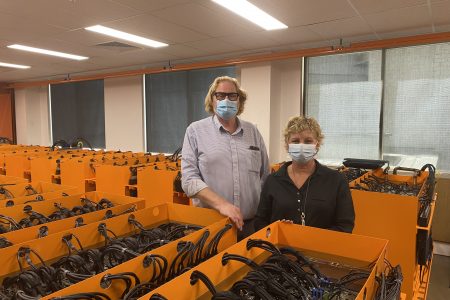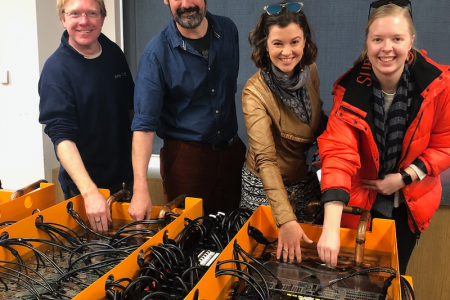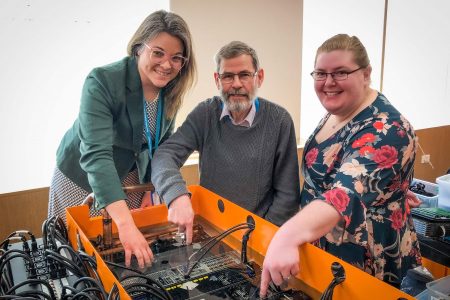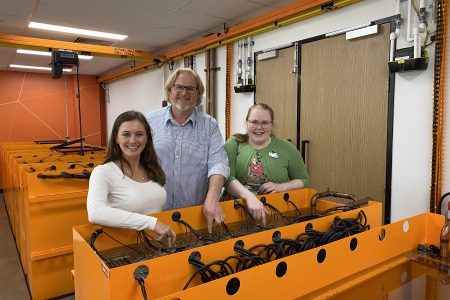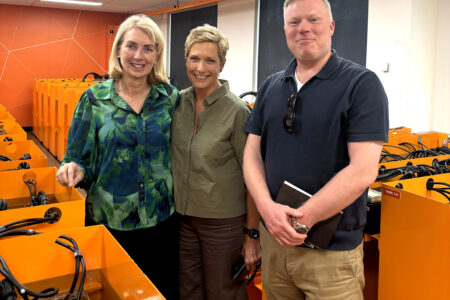The changing climate
From devastating bushfires in Australia to severe heat waves in Europe, to powerful storms in southeast Asia, the effects of climate change are being felt everywhere.
As the Earth gets warmer, the atmosphere holds more water vapour and sea levels rise—increasing the intensity and frequency of extreme weather events that can cause severe destruction.
The power of supercomputers
Early-warning systems are critical for anticipating natural disasters, allowing evacuation strategies to be deployed which saves lives.
The data-crunching ability of modern supercomputers empowers researchers to develop complex numerical models that drive these early-warning systems.
We’ve previously collaborated with the Frontier Development Lab AusNZ, providing HPC to support their Data Quest 2020—a research sprint to incorporate artificial intelligence (AI) into firefighting. The sprint succeeded in developing innovative AI solutions for bushfire prevention and management.
Crunching data to save lives
HPC is crucial in the fight against climate change—while climate modelling is computationally very expensive it allows researchers to predict and evaluate the impact of carbon emissions. With that data at hand, researchers can better understand factors such as sea level rise, rainfall and temperature fluctuations, and weather patterns, which improves the preparedness and response systems for severe weather events.
For every dollar spent on early-warning systems in developing countries, it is estimated that up to $20 dollars in losses could be prevented annually, highlighting the tangible, life-saving benefits of coordinated early action—afforded by HPC-powered climate modelling.






